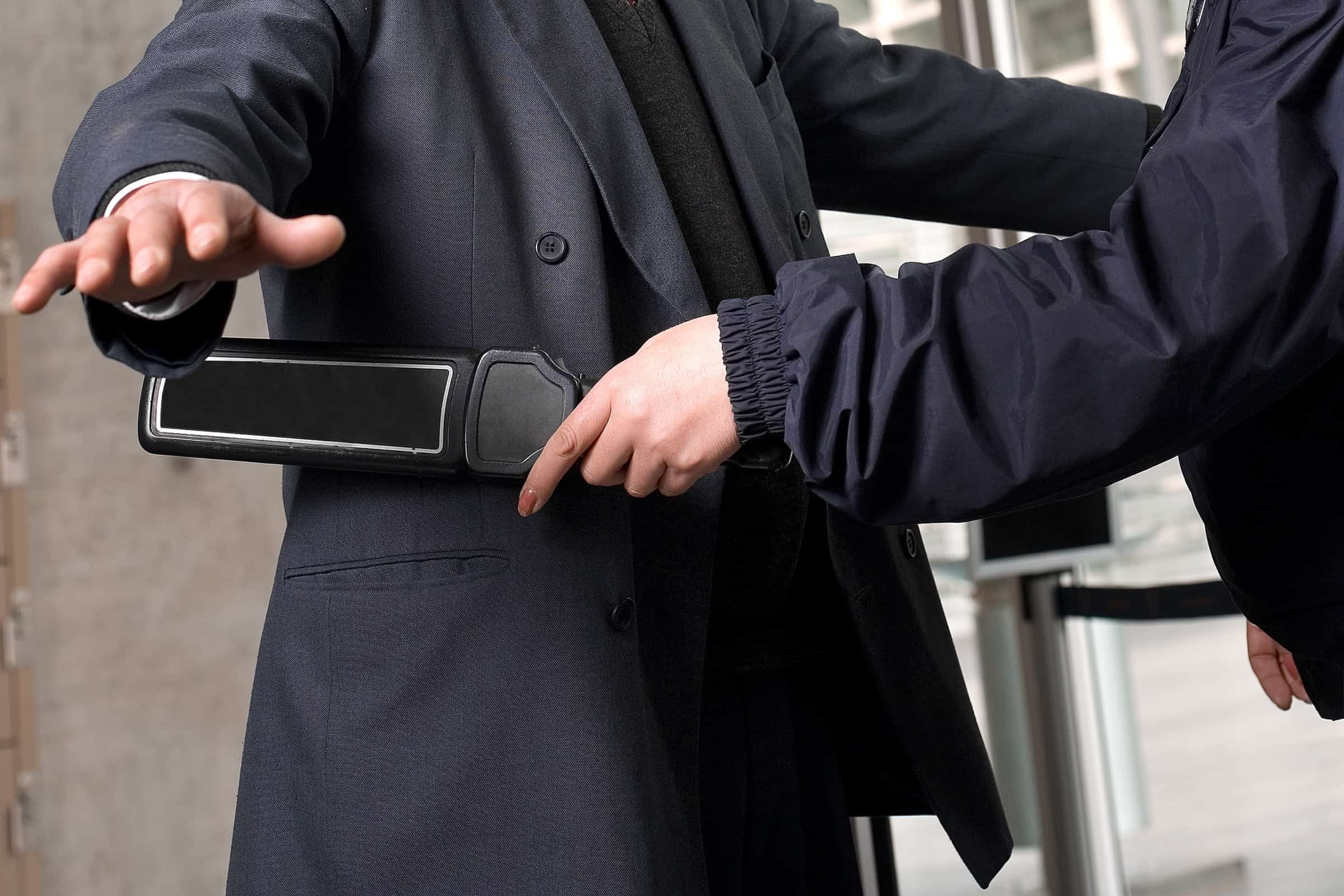
It is imperative for close protection operatives and close protection teams alike to understand and appreciate venue security. Taking a Principal to any venue, hotel, private residence, restaurant, bar, or club etc. should all be managed in the same way.
The Principal’s requirements, known and perceived threat and risk, budget constraints and team composition all dictate every aspect of close protection operations. None the less, advancing a venue that is to be visited by your Principal is vital in ensuring that the assignment runs smoothly.
Ideally, a security advance party (SAP) will carry out the recce, liaise with the venue and obtain all the relevant information. But, if a CPO is working alone as an IBG, then they need to try and advance the site themself. If this is not a viable option, then the CPO should obtain as much information as possible by any means possible.
Untrained or unprofessional teams performing an advance will instantly rub the venue security manager up the wrong way. Unprofessional CPOs may swagger around because they believe they are more important than a venue manager. Others may be being blatantly rude by not introducing themselves or show a lack of respect by dictating when and where they should sit or expecting enhanced privileges.
If a CPO is advancing a venue, it pays dividends to ensure that they introduce themself to a member of the venue security or the venue security manager. This is especially important if arriving blind at a venue because the Principal’s schedule has changed at short notice! The only exception is, of course, that the assignment requires the CPO to operate covertly.
By linking in with the venue security or management, the CPO will obtain accurate information regarding the layout of the venue. Take into consideration that the venue security guards are often agency security operatives more used at large venues. They may not be fully versed with the layout. So, it is always better to meet with venue in-house representatives.
CPOs will try and push the boundaries of where they can and cannot go within a venue, back of house and staff areas, for example. Pushing boundaries allows them to see the venue security setup or how easy it is to access off-limit areas. BUT it is still better to liaise with the venue security to keep them onside. If the venue security management mistrust the CPO, then they will be reluctant to offer up any assistance or vital information.
A CPO should not get caught in out of bounds areas or even on venue rooftops. Being detected and removed will result in little to no information regarding that venue. The CPO may also get barred from returning!
Look to acquire as much information as possible such as, but not limited to:
Close protection operatives and teams thrive on information. There can never be too much information gleaned. The list of questions to ask and information to be obtained can be endless.
Using the local resources of the venue security and management can only help in providing a slick service to the assignment.
Many close protection operatives will overlook static or venue security guards. These CPOs see them as beneath them or having little to no value in assisting them with their close protection assignment. They could not be further from the truth. A professional, seasoned close protection operative will utilise every possible resource that is available to them to ensure that the assignment runs smoothly.
Maintaining a good relationship with venue security and management will also aide the CPO should they return on another occasion or indeed meet the venue security staff again.
Be sure that venue security and security managers will remember the CPO that was rude or ignorant or threw their weight around. All this does is embarrass their Principal’s name, their security company, and detail’s reputation. Be remembered as the professional CPO who was polite, diligent and humble.
Disclaimer
Westminster Security Ltd are not close protection training providers. Content provided is for informational purposes only. Please do not take this content as an operational guide. Some sensitive details have been omitted or changed for confidentiality and security reasons.